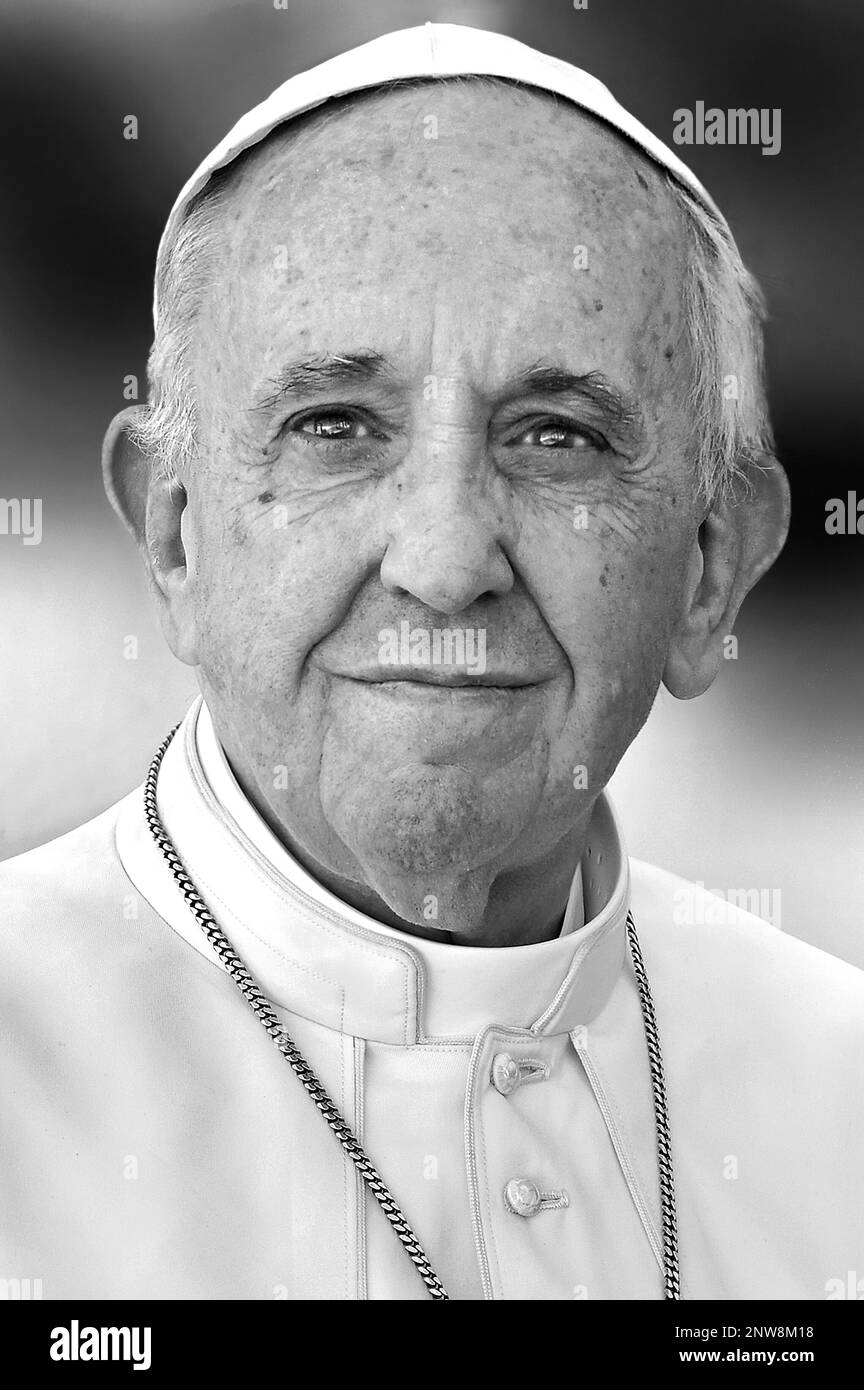Pope Francis has been a central figure in discussions about the evolving roles within the Catholic Church, particularly concerning the participation of women. Since his election in 2013, he has consistently advocated for greater inclusion and recognition of women's contributions to the Church. However, the question of ordaining women as deacons remains a contentious issue, sparking debates among theologians, clergy, and laypeople alike. This topic not only touches on theological principles but also reflects broader societal shifts towards gender equality.
The debate over women deacons is deeply rooted in both historical and doctrinal contexts. Historically, there have been instances of women serving in diaconal roles, though interpretations of these roles vary widely. Pope Francis's recent comments have reignited this discussion, prompting renewed interest in understanding the complexities surrounding the potential ordination of women as deacons. As the Church continues to grapple with these questions, it is essential to explore the possibilities and challenges that arise from such considerations.
Exploring the Historical Role of Women in Diaconal Service
The history of women in diaconal roles dates back to early Christianity, where women served in various capacities within the Church. These roles often included ministering to other women, assisting in baptisms, and providing charitable services. However, the exact nature of their responsibilities and authority has been subject to scholarly debate. Some argue that these early female deacons held a form of ordination, while others suggest their roles were more functional than sacramental.
In contemporary discussions, proponents of women deacons point to this historical precedent as evidence for their potential reinstatement. They argue that recognizing women in diaconal roles would align with the Church's mission to reflect the diversity and inclusivity of Christ's ministry. Opponents, however, emphasize the distinction between historical practices and current doctrinal understandings, suggesting that the sacrament of Holy Orders remains reserved for men.
This historical context underscores the complexity of the issue, highlighting the need for careful theological reflection and dialogue. As the Church considers the role of women today, it must balance tradition with the evolving needs of its global community.
Revisiting the Debate: Pope Francis's Stance on Women Deacons
Pope Francis's recent statements affirming the impossibility of ordaining women as deacons have drawn significant attention. In an interview with CBS, he reiterated the Church's position that Holy Orders are reserved for men. This stance aligns with previous declarations by his predecessors, emphasizing the theological foundation of the priesthood and diaconate as sacraments tied to male ordination.
Despite this clear position, Pope Francis has expressed openness to exploring the broader role of women within the Church. He has acknowledged the importance of women's contributions and called for increased involvement in decision-making processes. This nuanced approach reflects his commitment to fostering dialogue and addressing the concerns of those advocating for change.
For many, the Pope's words serve as a reminder of the delicate balance between upholding doctrinal integrity and embracing modern sensibilities. While some may view his remarks as a definitive closure to the issue, others see it as an invitation to deepen understanding and seek common ground.
A New Commission: Advancing Dialogue on Women's Roles
In response to ongoing discussions, Pope Francis announced the formation of a new commission tasked with studying the possibility of women deacons. This initiative aims to provide a platform for scholars and theologians to examine the historical and theological dimensions of the diaconate. By convening experts from diverse backgrounds, the commission seeks to foster informed dialogue and contribute to the Church's discernment process.
The establishment of this commission signals the Pope's willingness to engage with complex issues affecting the Church. It reflects his belief in the value of consultation and collaboration, encouraging all stakeholders to participate actively in shaping the future of the Church. Through this effort, the commission hopes to clarify ambiguities and offer insights that can inform pastoral practice.
As the commission begins its work, it represents a significant step forward in addressing the aspirations of women seeking greater involvement in ecclesiastical life. While the outcome remains uncertain, the process itself embodies the spirit of openness and inclusivity that Pope Francis champions.
Reflecting on the Future: The Role of Women in the Church
The conversation around women deacons exemplifies the broader challenge facing the Catholic Church today: how to remain faithful to its teachings while adapting to changing societal norms. Pope Francis's leadership in this area demonstrates a commitment to navigating these waters with wisdom and prudence. His emphasis on dialogue and discernment offers a model for resolving complex issues through mutual respect and understanding.
For those advocating for women's ordination, the journey ahead may be long and fraught with challenges. Yet, the very fact that these discussions continue signifies progress and hope. The Church's ability to engage in meaningful dialogue reflects its resilience and capacity for growth, even amidst controversy.
Ultimately, the role of women in the Church extends beyond the question of ordination. It encompasses their contributions as leaders, educators, and ministers of mercy. By valuing and amplifying these roles, the Church can fulfill its mission to embody the love and justice of Christ in every corner of the world.

